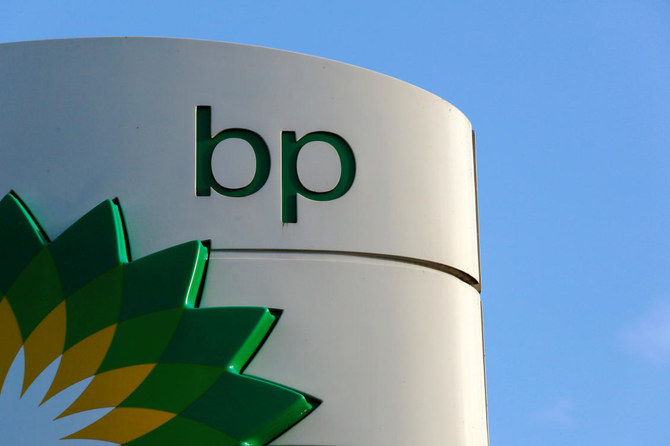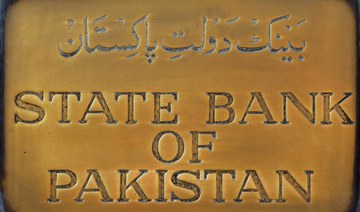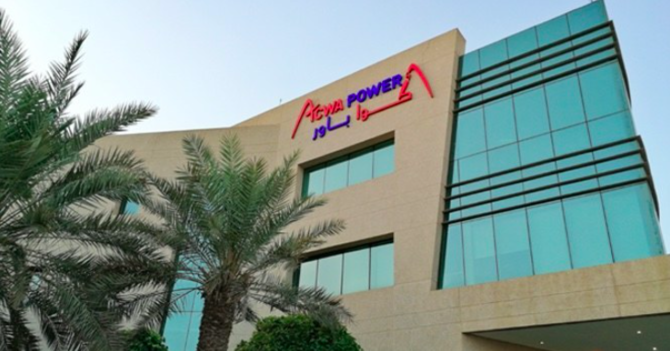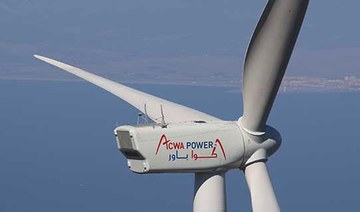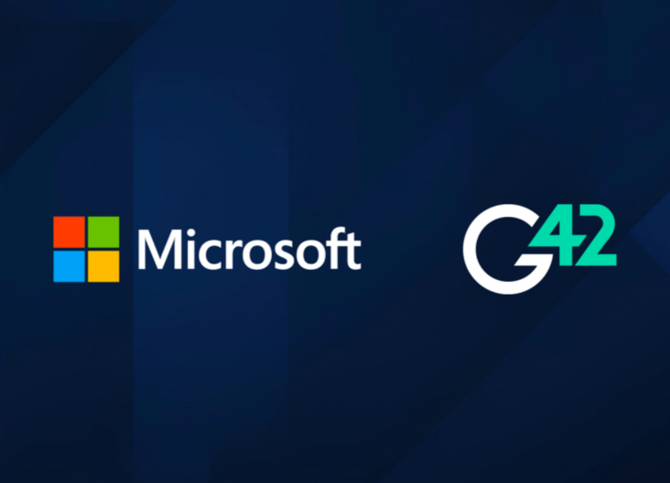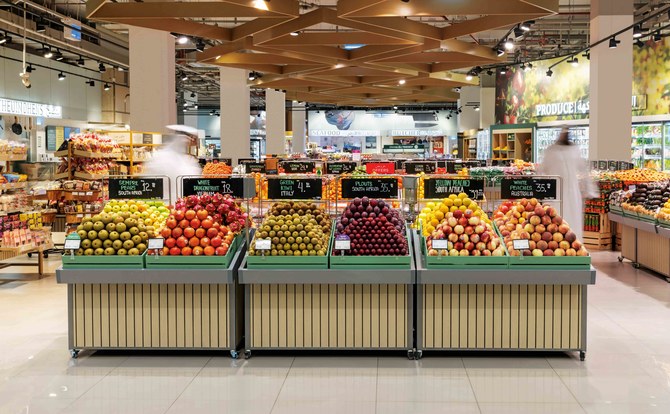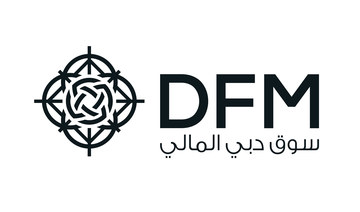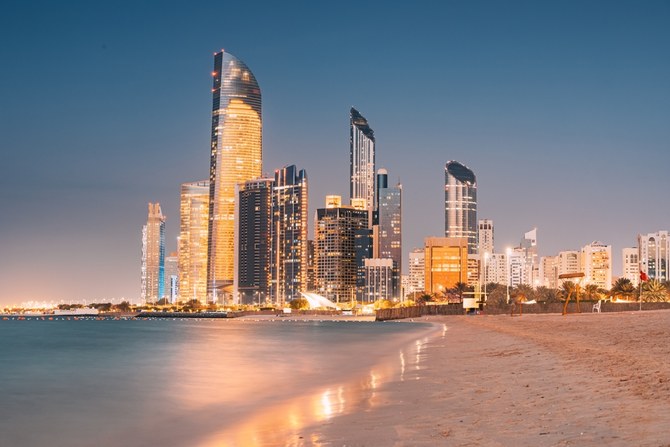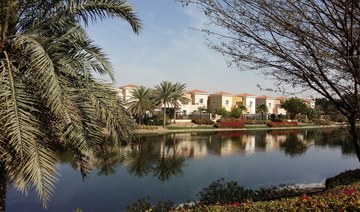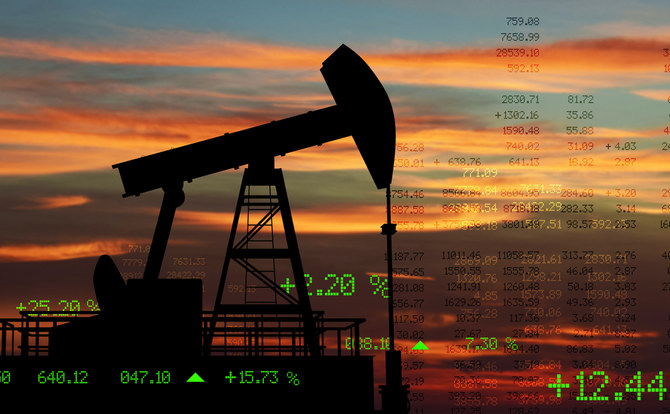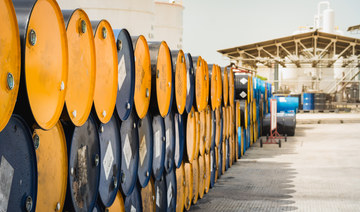LONDON: BP’s first-quarter profit tumbled by two thirds and its debt climbed to its highest on record as the coronavirus crisis hammered oil demand, but the energy major kept its dividend despite warning of exceptional uncertainty.
London-based BP said it expected significantly lower refining margins in the second quarter when global restrictions on movement to halt the spread of the virus reached their peak, throttling consumption of gasoline, diesel and jet fuel.
BP shares were up 1.16% at 1312 GMT, as analysts questioned whether sticking with the dividend and hiking debt was a prudent strategy. The broader European energy index rose 2.5%.
“I can see many reasons why this recovery will take longer and therefore I think we’re in this for quite some time,” Chief Executive Bernard Looney, who took over in February, told Reuters.
The company said oil and gas production faced “significant uncertainties” linked to tumbling oil demand and plunging prices, as well as due to a deal between OPEC, Russia and other producers to cut global supplies of crude by about 10%.
BP reported an underlying replacement cost profit, its definition of net income, of $800 million, beating the $710 million forecast by analysts in a company-provided poll. The company reported $2.4 billion profit a year earlier.
But BP, whose net debt climbed to its highest since at least 2015, kept its dividend of 10.5 cents per share and said it had repurchased shares worth $776 million in the quarter.
Stuart Joyner, equities analyst at Redburn, said BP’s “large rise in net debt overshadows (its) underlying earnings beat.”
“Whilst the quarterly dividend was maintained at 10.5 cents, serious questions remain over its affordability,” he added.
Including inventory charges of $3.7 billion for oil it holds, the company reported a loss of $4.4 billion.
DIVIDEND QUESTION
BP has so far resisted cutting its dividend after raising it in February, even though some investors have said top oil and gas companies should consider reducing shareholder payouts.
Norway’s Equinor became the first big oil firm to cut its dividend, reducing its first-quarter payout by two thirds and suspending a $5 billion share buyback.
BP, like its peers, responded to the 65% drop in oil prices in the first quarter by sharply reducing spending. The company slashed its 2020 budget by 25% to around $12 billion and reduced output at its US shale operations.
Looney said BP aimed to reduce costs so it could generate profits and pay dividends at an oil price of $35 a barrel in 2021, down from a breakeven $56 a barrel in 2019. He said spending could be cut further next year.
Benchmark Brent crude slumped to its lowest in two decades this month and was trading around $19 on Tuesday.
“The key question at this point is how far BP is willing to push the balance sheet in order to protect its dividend,” RBC wrote in a note, adding that it could end up spending the rest of 2020 and 2021 trying to pay down debt to reduce its gearing.
BP’s debt rose to $51.4 billion in the first quarter and its debt-to-capital ratio, or gearing, rose to 36%, significantly higher than its target of keeping it below 30%.
BP held $32 billion in liquidity at the end of the first quarter after it raised extra funds.
Cash flow slumped to $1 billion in the quarter, the lowest in at least six years, compared with $5.3 billion last year.
BP’s output in the quarter reached 2.58 million barrel of oil equivalent, excluding its stake in Russia’s Rosneft, and 2.9% lower than a year earlier.
It secured an average price of $31.80 per barrel of oil equivalent in the first quarter, a fifth less than a year ago.



